Serving Sacramento & Reno Area
Professional Roofing
for Homes & Businesses
Family-owned and backed by over 20 years of experience.
We provide honest, high-quality roofing services for homes and businesses.
Let Us Assist with Your Roof Repair or Replacement!

About Us
Expert Roofing Services in Sacramento & Reno Area
SBI Roofing is a family-owned business with over two decades of experience serving the Sacramento, California and Reno, Nevada areas. We specialize in residential and commercial roofing, offering everything from full roof replacements to emergency repairs and gutter installations.
Our team is licensed, insured, and dedicated to delivering high-quality craftsmanship with clear communication from start to finish. Whether you're upgrading an older roof or starting new construction, we bring integrity and expertise to every project.
What Do We Offer?
Professional Roofing Contractor Services
At SBI Roofing, we provide complete roofing solutions for homeowners and businesses in Sacramento and Reno. Whether you need a new roof, quick repairs, or gutter upgrades, our licensed team delivers quality you can count on.
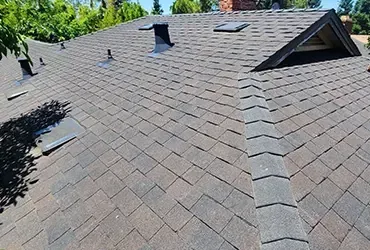
Residential Roofing
Protect your home with high-quality roof replacements, installations, and repairs designed for long-term performance and curb appeal.
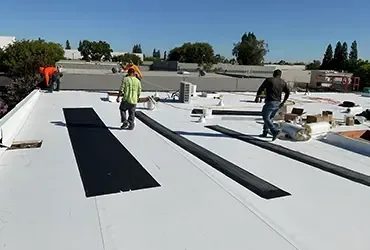
Commercial Roofing
We provide durable, low-maintenance roofing solutions for offices, warehouses, retail buildings, and multi-unit properties.
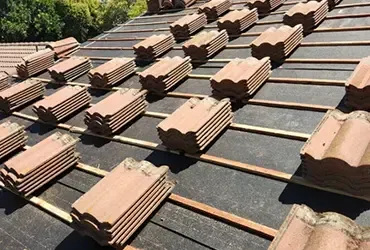
Roof Installation
Get expert roof installation for new construction or full replacement using shingles, metal, tile, or flat systems. Contact us for more details.
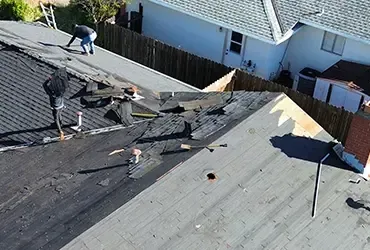
Roof Repair & Maintenance
From emergency leaks to storm damage and flashing issues, we offer fast, effective roof repair services to prevent costly problems.
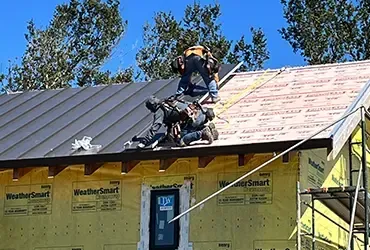
Gutter Repair & Installation
We repair damaged gutters and install new seamless systems to ensure proper drainage and protect your roof and foundation.
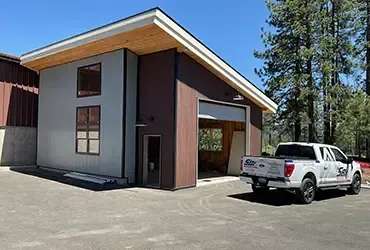
Estimates & Inspections
Schedule a free on-site estimate or professional roof inspection to get clear pricing and expert recommendations.

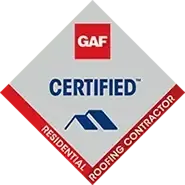


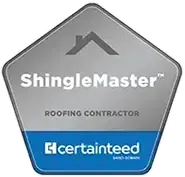

Contact SBI Roofing
Frequently Asked Questions
What areas do you serve?
Proudly Serving Sacramento & Reno Area
California: Sacramento, Elk Grove, Roseville, Folsom, Citrus Heights, Rocklin, Lincoln, Rancho Cordova, Davis, Auburn
Nevada: Reno, Sparks, Carson City, Sun Valley, Fernley, Spanish Springs, Dayton, Cold Springs, Incline Village, Gardnerville
Not sure if we cover your area? Just ask — we may still be able to help.
Do you offer free estimates?
Yes! SBI Roofing offers free, no-obligation estimates for all roofing projects. Just contact us to schedule a time.
How do I know if I need a new roof or just repairs?
If your roof is over 15 years old, has visible damage, or is leaking, it may need repairs or replacement. Our team can inspect your roof and recommend the best solution.
What types of roofing materials do you install?
We install composite shingles, tile, metal roofing, and flat roofing systems for both residential and commercial buildings.
Are you licensed and insured?
Yes. SBI Roofing is fully licensed and insured in California and Nevada. We follow all local building codes and safety standards.
How long does a roof replacement take?
Most residential roof replacements are completed within 1–2 weeks, depending on the size and material. We’ll give you a timeline during your estimate.
Do you offer gutter services?
Yes. We provide gutter replacement and installation to help protect your home from water damage.
Request a Call Back
Have questions about our roofing services? From estimates and materials to repairs and installation, our staff is here to help every step of the way!

